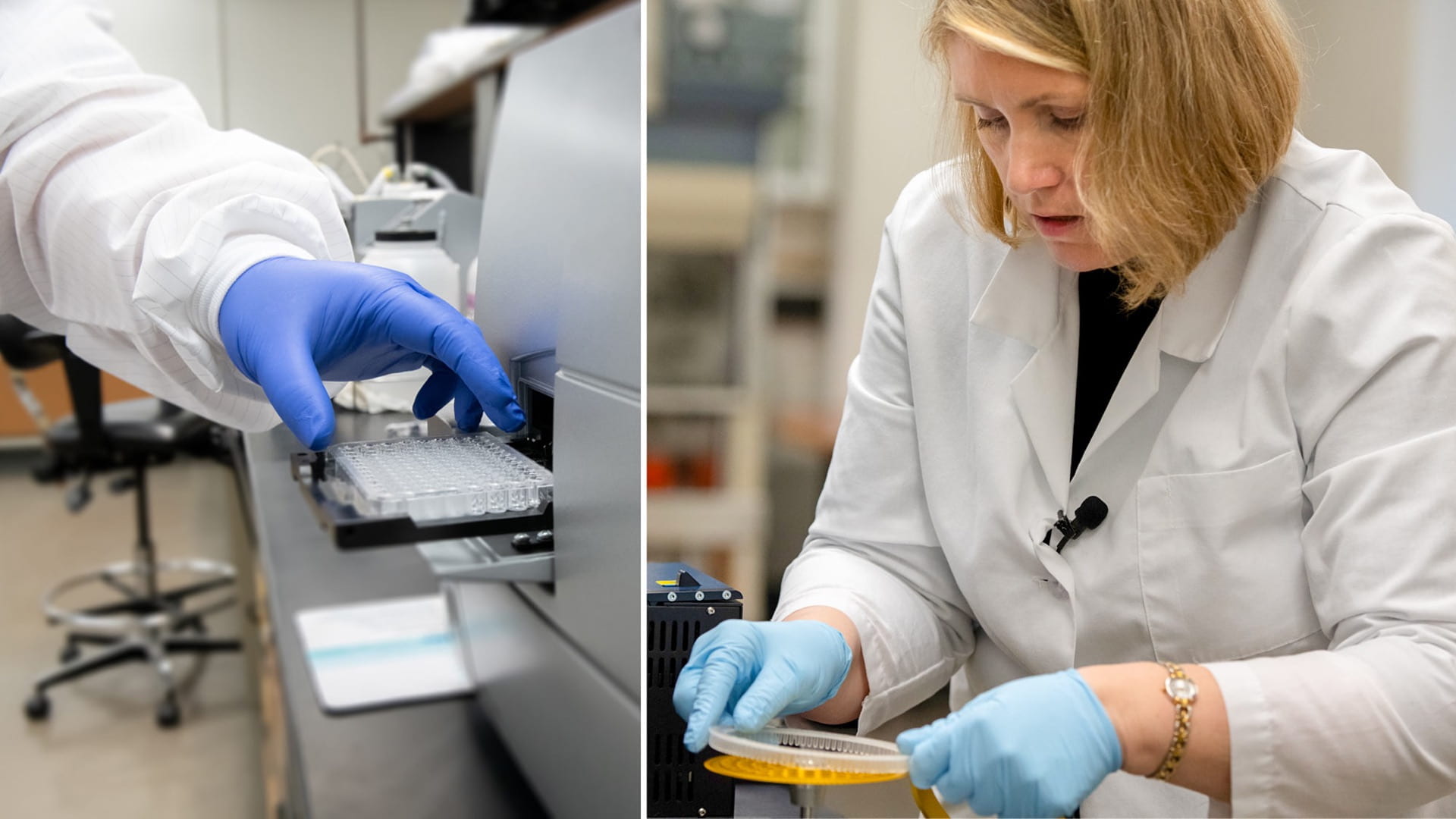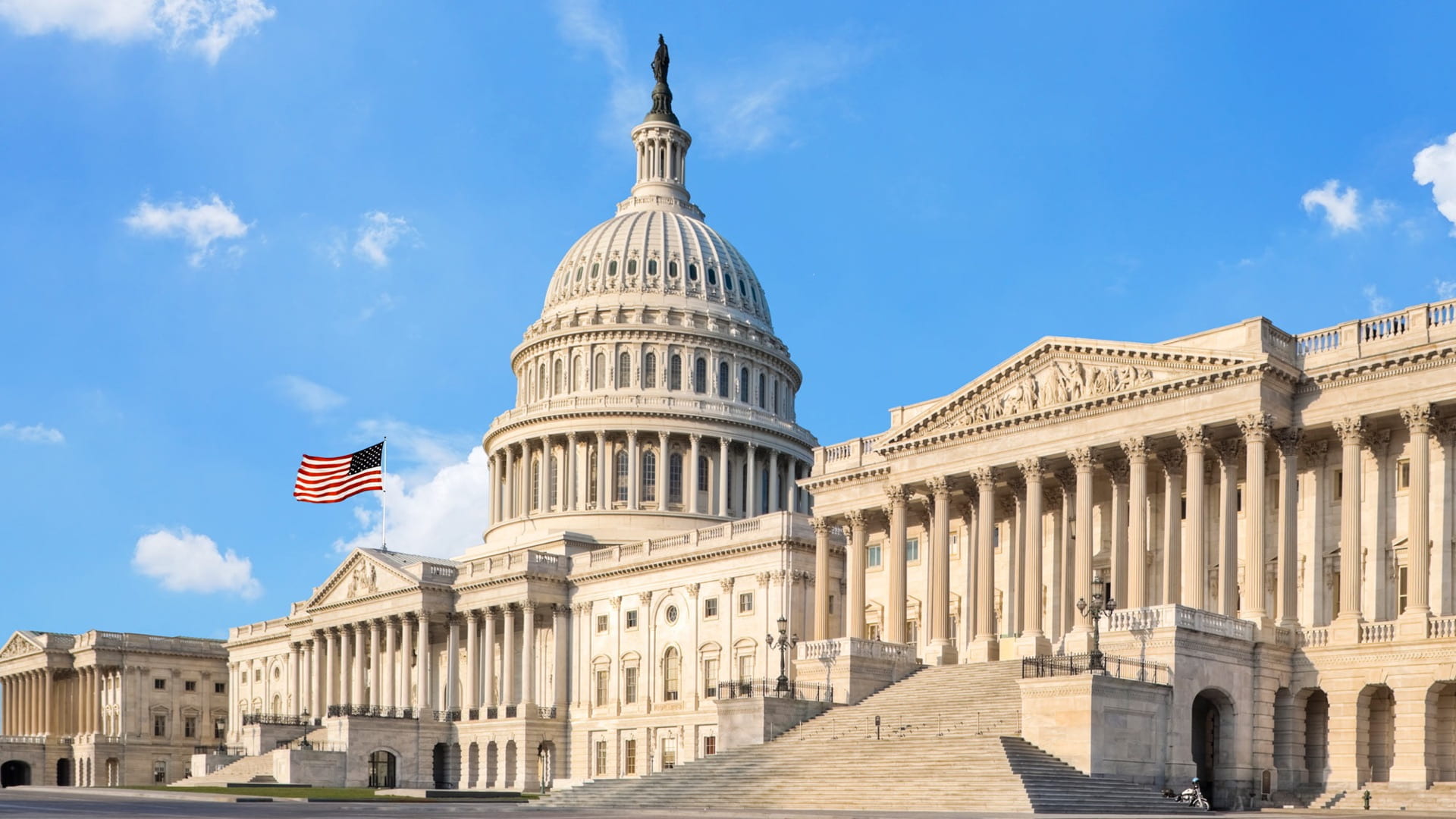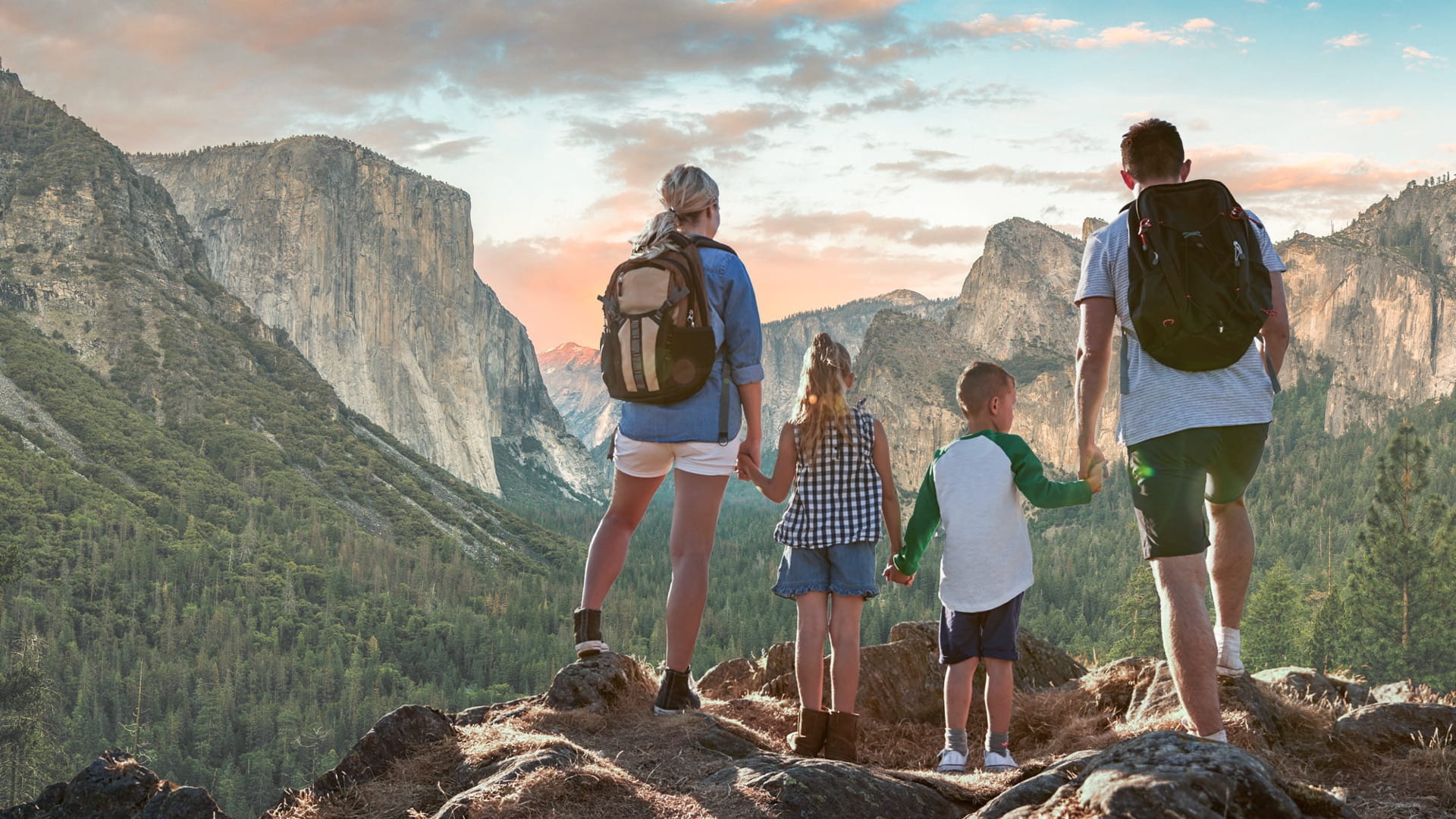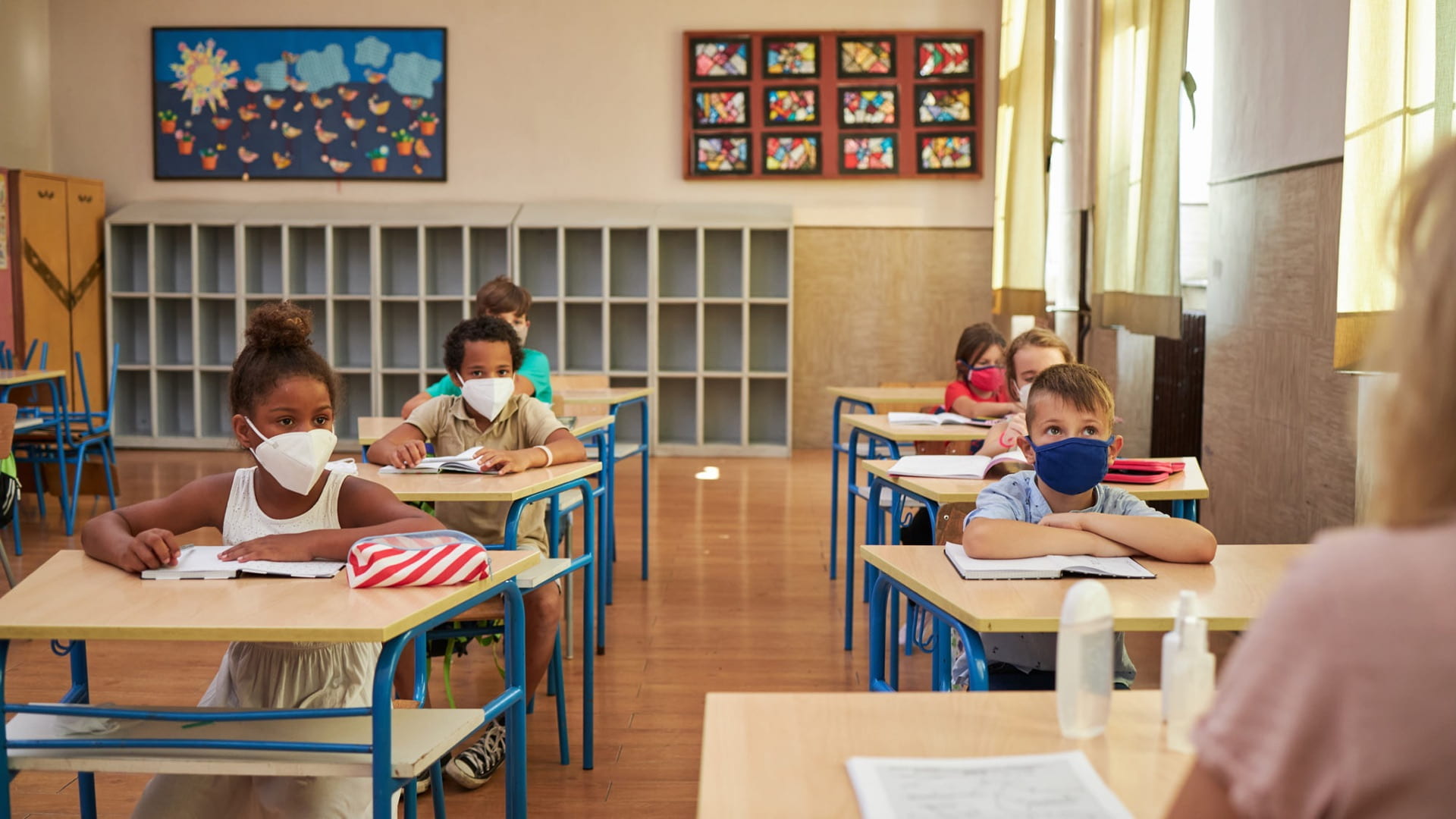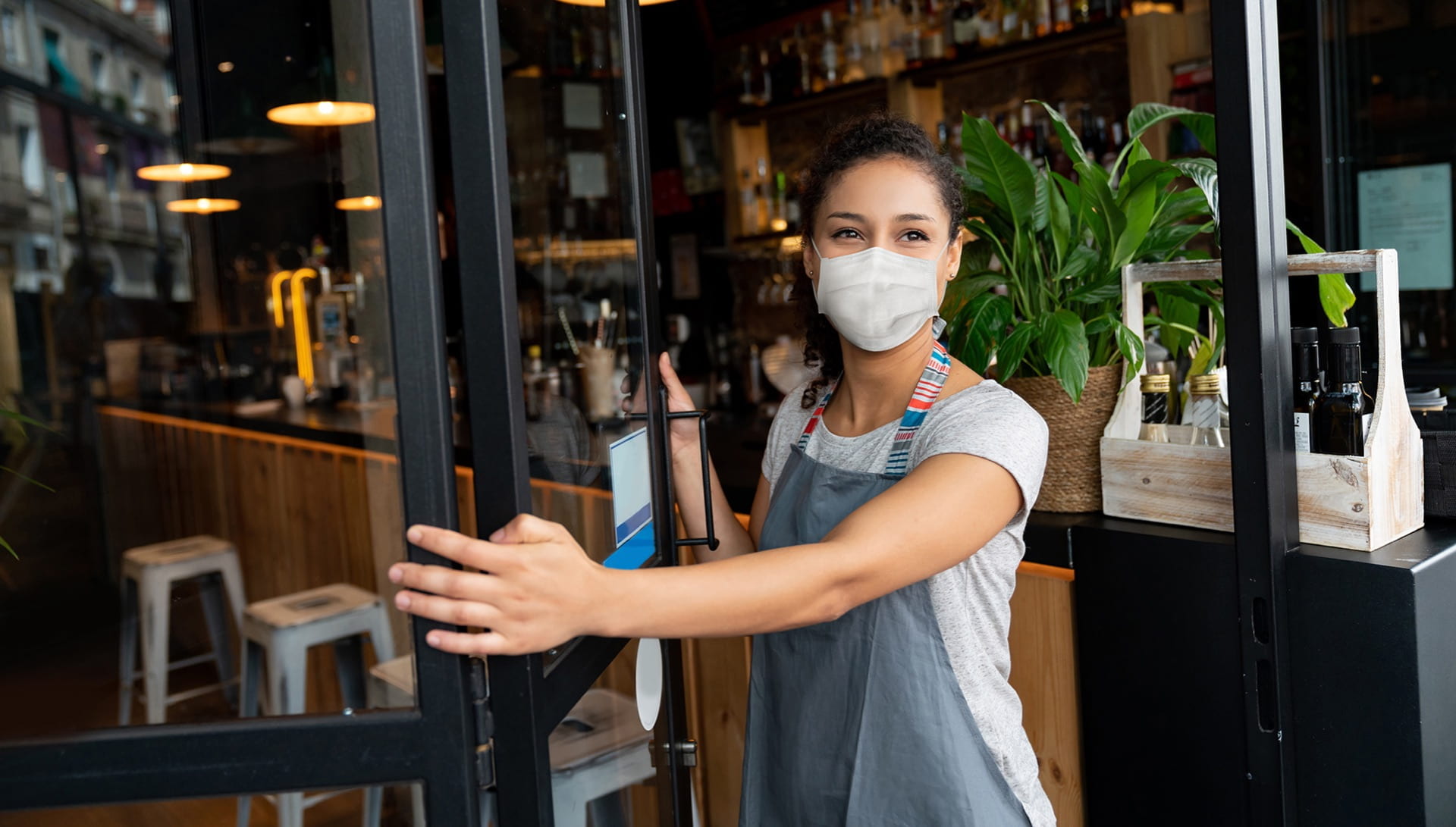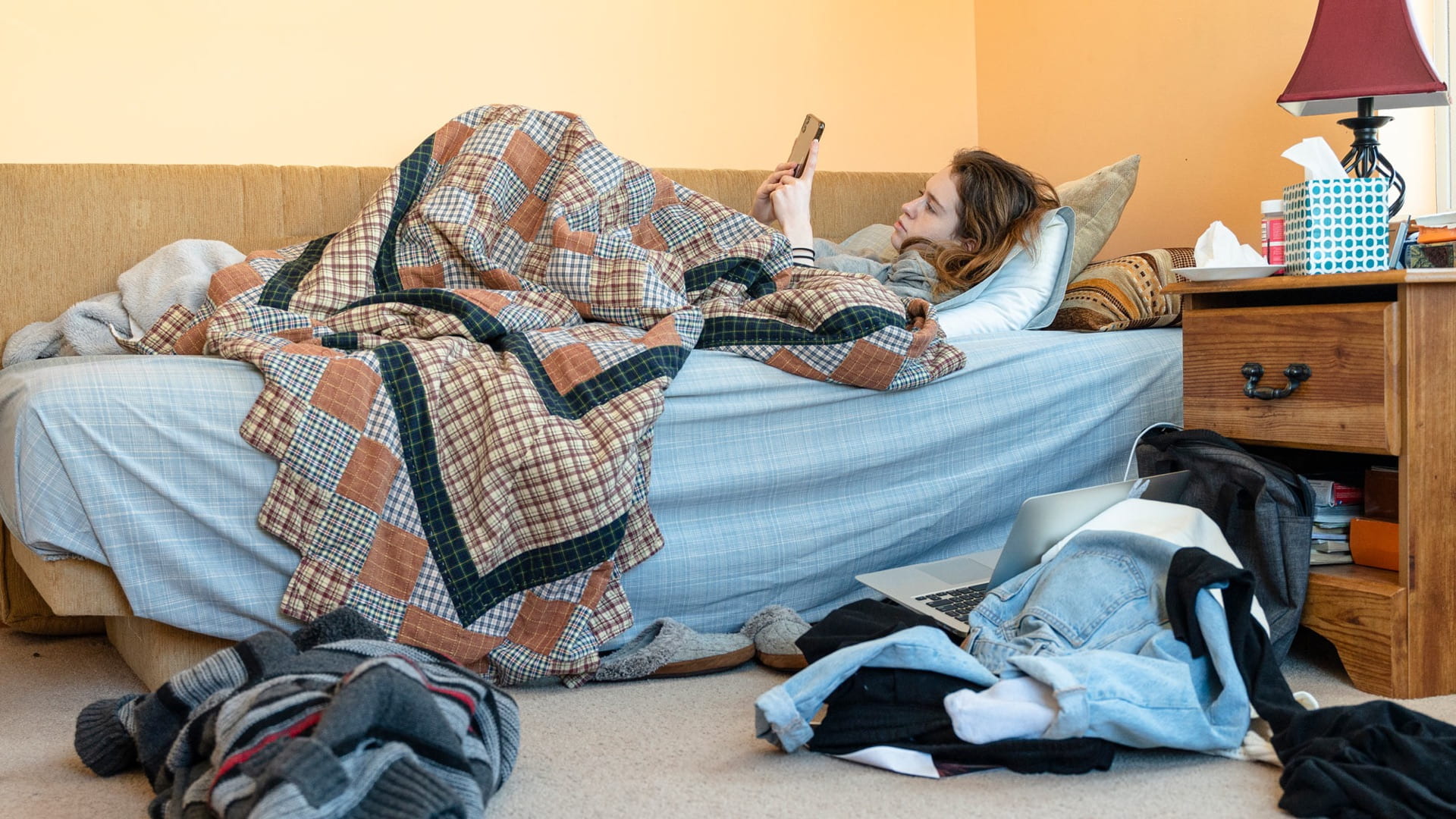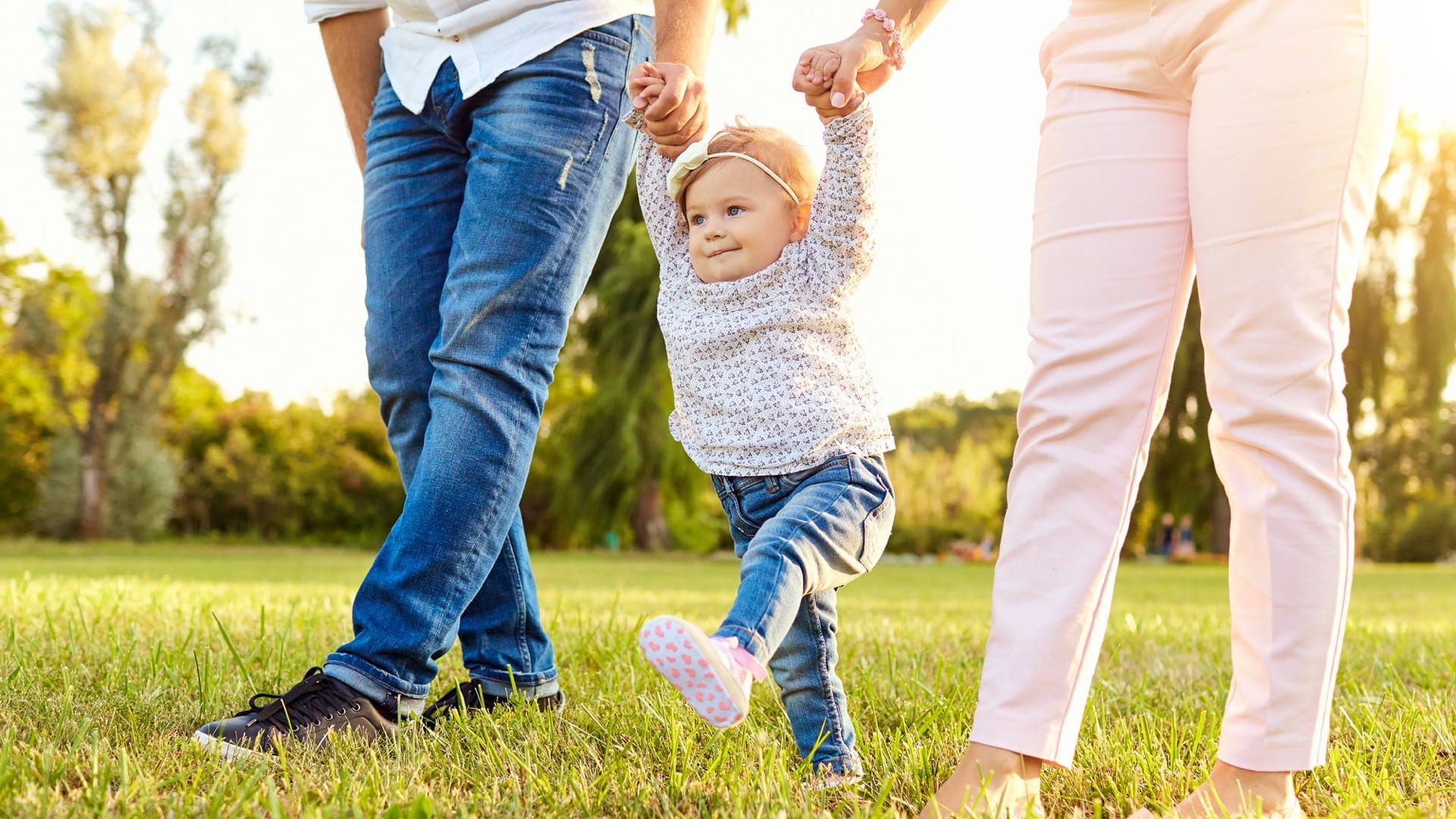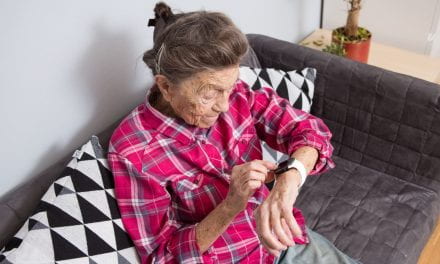Responding to the Pandemic
Responding to the Pandemic
Since the first stirrings of the COVID-19 pandemic in the early months of 2020, Americans have felt its affects in nearly every aspect of daily life: healthcare, education, employment or work environment, family dynamics, social interactions, and shopping and dining experiences.
As households and families have worked to find normalcy during this public health crisis, researchers all over the country—including in the College of Health and Human Development at Penn State—have quickly shifted to study impacts of the pandemic and strategies to help people thrive during these challenging times.
As we reach the final months of 2020, many of these researchers are preparing to release findings and provide recommendations and resources that support Americans’ livelihoods and well-being.
We talked to a small subset of researchers in the college conducting these studies, but many more insights and ideas are being developed by researchers across the college, University, and nation.
College Researchers Respond to the Pandemic
How the pandemic is affecting our communities, our lives, and our bodies
As part of the community-wide Data 4 Action study, Margeaux Gray, assistant research professor of biobehavioral health, is measuring stress hormones through hair samples to understand how the pandemic is affecting college students and community members.
Mincing words: Making research available to policymakers during COVID-19
During the global COVID-19 pandemic, it has become even more important to get relevant research in the hands of legislators. Taylor Scott, associate director of the Research-to-Policy Collaboration, is studying new ways to share research and work with policymakers.
Rules of the wild: How America’s Wild Spaces are Adapting to the Pandemic
Outdoor enthusiasts love the freedom of being in the wilderness. Derrick Taff, assistant professor of recreation, park, and tourism management, studied whether they would accept more restrictions on America’s wild lands during the pandemic.
Caring for vulnerable children and families during COVID-19
With a decrease in reports to child protective services during COVID-19, Christian Connell, associate professor of human development and family studies and associate director of the Child Maltreatment Solutions Network, wanted to understand changing discipline practices and family dynamics.
Keeping Restaurants Working
Amit Sharma, professor of hospitality management, is developing and distributing strategies to help restaurants survive the pandemic. His profit planning tool has been downloaded by hundreds of independent restaurateurs.
Understanding how the pandemic has affected college students’ mental health
Because her undergraduate students were struggling during the spring semester, Melissa Bopp, associate professor of kinesiology, studied how the pandemic is affecting Penn State students. She found that women were becoming more depressed than men.
Understanding family conflict and resilience during a crisis
As social distancing has become a facet of daily life in America during COVID-19, Mark Feinberg, research professor of health and human development and the Edna Bennett Pierce Prevention Research Center, is studying the family factors that help sustain or undermine the practice and other protective health behaviors.
